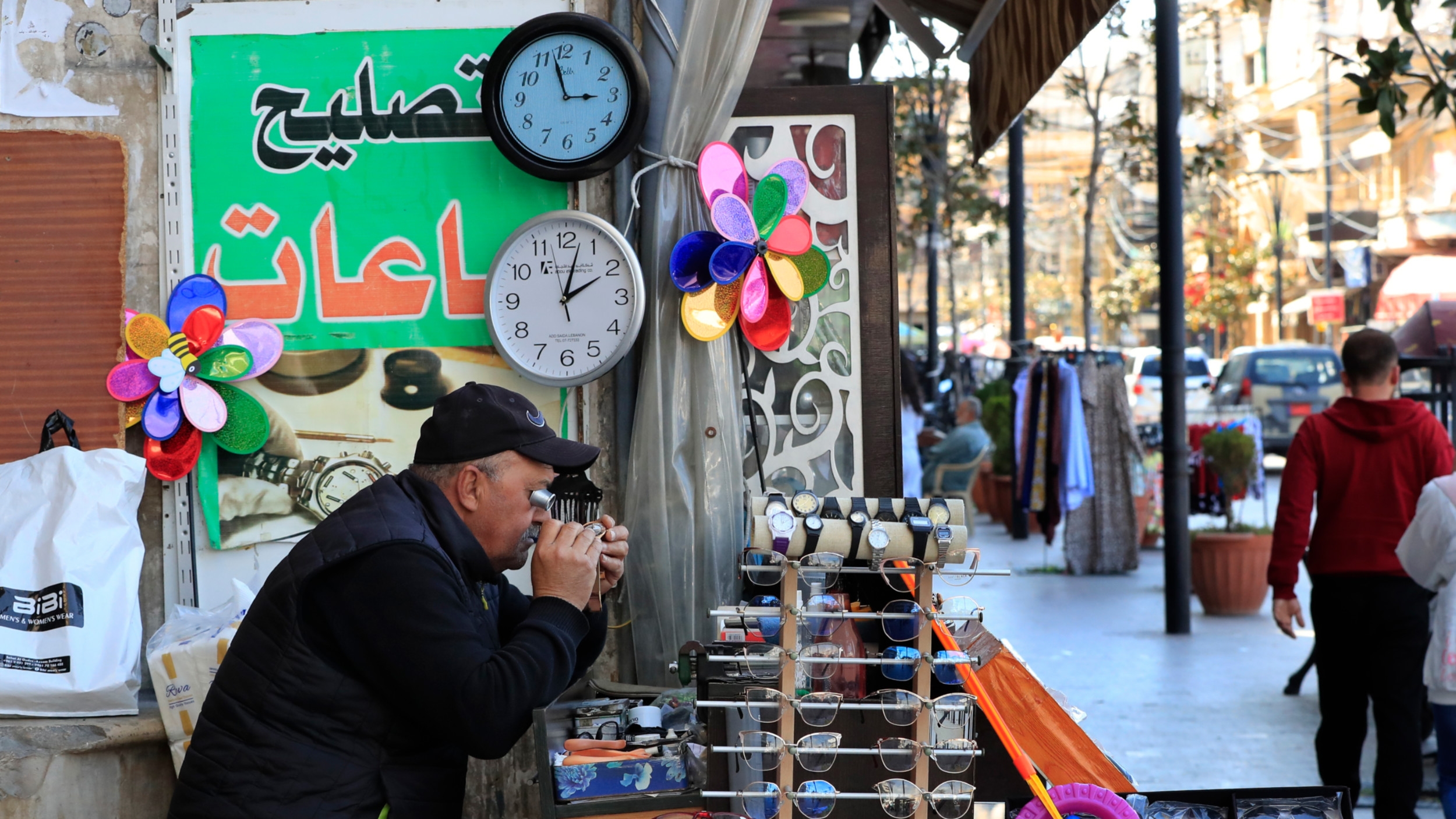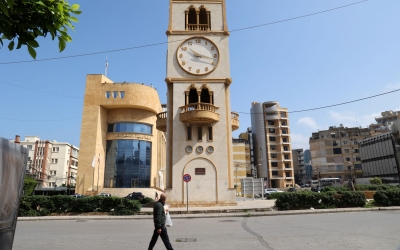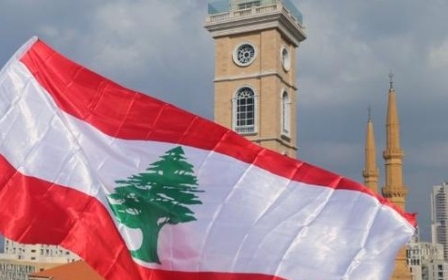Lebanon daylight saving: Government reverses decision to delay clock changes

Lebanon's caretaker prime minister announced on Monday that clocks will move one hour ahead on Wednesday night, reversing an earlier controversial decision to postpone daylight saving time (DST) by a month.
Following a heated debate over the weekend, Najib Mikati said the decision was reached after a "calm discussion".
Mikati surprised many last week when he decided to delay the start of DST by a month so that Muslims could break the fast an hour earlier, at around 18:00 instead of 19:00, the time the sun sets.
Many businesses were caught unprepared by the decision and decided not to follow the government and moved their time forward by an hour, including a number of Christian churches.
The Lebanese Maronite Church has also broken with the government and said that it would move to summer time.
Several other major media outlets have also refused to comply with a government decision that has been widely panned for its lack of planning, with some outlets saying in a statement that they would "protest the decision of the [caretaker] prime minister".
While no official reason was given for the move, a leaked video of a meeting between Mikati and Parliament Speaker Nabih Berri showed Berri asking Mikati to postpone the implementation of daylight saving to allow Muslims to break their Ramadan fast an hour earlier.
The Muslim holy month began on 22 March and ends on 21 April.
Mikati on Monday said delaying DST was to "relieve those fasting during the month of Ramadan for an hour", but insisted it was not taken on sectarian grounds. Mikati and Berri are both Muslim.
The caretaker PM also said the problem in Lebanon "is not winter or summer time", but the inability of the government to elect a president and form a new government.
Lebanese MPs have failed 11 consecutive times since September to elect a president, as none of the parties hold a majority in parliament.
Middle East Eye propose une couverture et une analyse indépendantes et incomparables du Moyen-Orient, de l’Afrique du Nord et d’autres régions du monde. Pour en savoir plus sur la reprise de ce contenu et les frais qui s’appliquent, veuillez remplir ce formulaire [en anglais]. Pour en savoir plus sur MEE, cliquez ici [en anglais].





